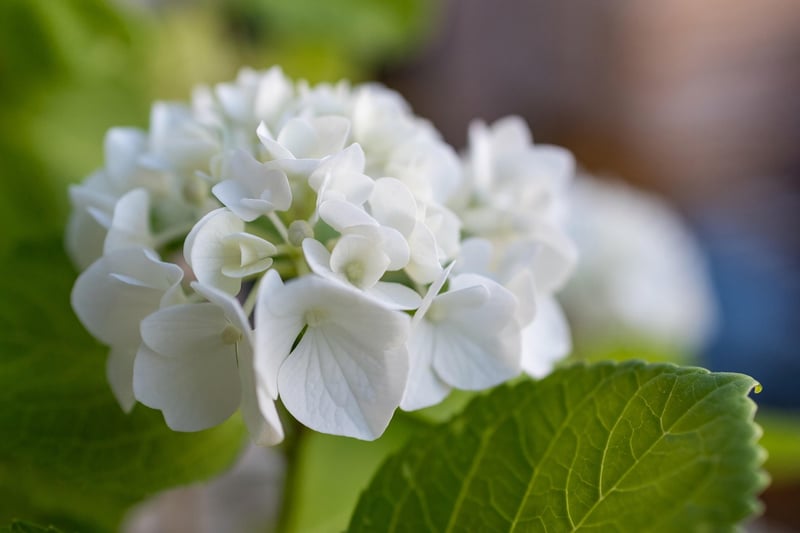Sustainable Gardening Practices
Crafting Eco-Friendly and Harmonious Outdoor Environments
Welcome to the world of sustainable gardening and eco-friendly outdoor spaces! Creating a harmonious environment that not only enhances the beauty of your surroundings but also supports the ecosystem is both fulfilling and essential in today's world. Let's explore some sustainable gardening practices to help you craft an eco-friendly outdoor space.
1. Choose Native Plants
Opt for native plants in your garden as they are well-adapted to the local climate and require less water and maintenance. Native plants also attract local wildlife, promoting biodiversity in your outdoor space.
2. Composting
Start a composting system to recycle organic waste from your kitchen and garden. Compost enriches the soil, reduces the need for chemical fertilizers, and minimizes waste sent to landfills.
3. Water Conservation
Implement water-saving techniques such as drip irrigation, rainwater harvesting, and mulching to reduce water usage in your garden. Conserving water is crucial for sustainable gardening practices.
4. Integrated Pest Management
Avoid chemical pesticides and opt for natural pest control methods like companion planting, attracting beneficial insects, and using organic pesticides when necessary. This helps maintain a healthy ecosystem in your garden.
5. Reduce Lawn Area
Consider reducing the size of your lawn and replacing it with native plants, wildflowers, or a vegetable garden. Lawns require extensive water and maintenance, while diverse plantings contribute to a more sustainable landscape.
6. Create Habitat for Wildlife
Include features like bird feeders, bird baths, and native plantings to attract birds, bees, butterflies, and other beneficial wildlife to your garden. Supporting local wildlife populations is an integral part of sustainable gardening.
7. Use Eco-Friendly Materials
Choose sustainable materials for hardscaping, such as reclaimed wood, recycled plastic, or natural stone. Opt for eco-friendly garden tools and accessories to minimize your environmental impact.
8. Educate Yourself
Stay informed about sustainable gardening practices, attend workshops, and connect with local gardening communities to exchange ideas and learn new techniques. Continuous learning is key to evolving your eco-friendly outdoor space.
By following these sustainable gardening practices, you can create a beautiful, eco-friendly outdoor environment that not only benefits your surroundings but also contributes to a healthier planet. Let's work together to preserve and protect our natural world!







